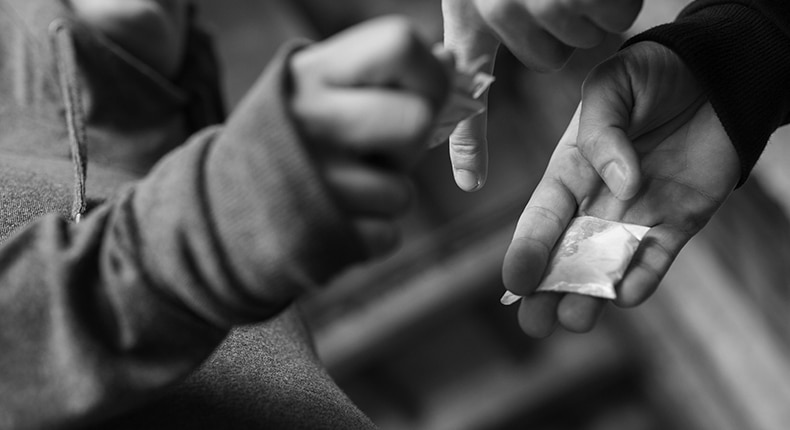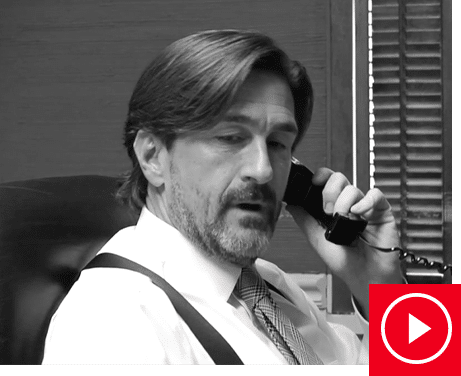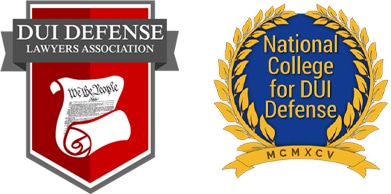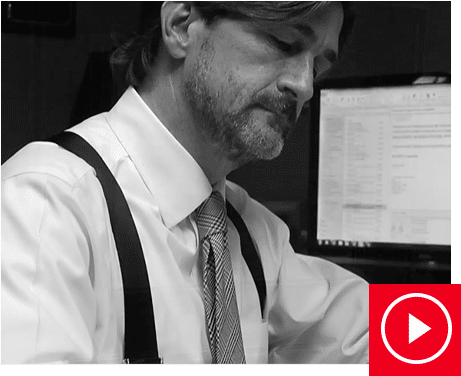
Columbia Drug Crime Defense Attorneys
Aggressive defense when you’re facing drug charges in Columbia, South Carolina
Drug charges are often more complicated than they first appear. The allegations against you do not tell the whole story. The criminal justice system affords you the opportunity to challenge the charges — yet this opportunity is worth little if you do not take steps to exercise your rights in a strategic manner.
A drug conviction of any kind is very serious. Even if you don’t go to jail on a first offense, a second offense will result in harsh penalties. And, any serious drug offense, like trafficking for example, has potential consequences of lengthy prison terms, loss of right to own a firearm, and a permanent criminal record.
At The Law Offices of A. Randolph Hough, P.A. in Columbia, South Carolina, we leverage every opportunity to work toward the best possible outcome on behalf of clients facing drug and federal crimes. Our attorney, A. Randolph "Randy" Hough, offers the advantage of an insider's perspective. As a former prosecutor and Special Assistant U.S. Attorney assigned to federal drug cases, he possesses the valuable ability to view state and federal drug charges from all angles.
“Remember, an arrest is not a conviction.” - Attorney Hough
What types of drugs are illegal in SC?
Under South Carolina Code § 44-53, controlled substances are categorized into five schedules. Drugs under Schedule I typically have the highest potential for addiction and have the harshest penalties associated with them, and include:
- Stimulants, such as methamphetamines
- Opiates like heroin
- Quaaludes and other antidepressants
- Hallucinogens like ecstasy, MDMA or LSD
- Marijuana
Schedule II drugs are also considered highly addictive but may have a currently accepted medical use (with restrictions). These drugs can include:
- Opiate-based painkillers like morphine
- Stimulants like Ritalin or Adderall
- Cocaine
- Fentanyl
Schedule III drugs are commonly used to treat medical conditions and have a moderate risk for addiction. Some examples of these substances include drugs like, Xanax or Lorcet. Schedule IV drugs have an even lower potential for addiction and typically include drugs like weight loss stimulants or anxiety medications like clonazepam or diazepam.
Schedule V drugs are substances mostly used for medical treatments and have a limited potential for dependence. These are things like Tylenol or cough medicine with codeine. Finally, Schedule VI drugs have a low addiction risk but are not deemed acceptable for medical treatment.
You can read South Carolina’s schedule of controlled substances here. Note that it’s legal to have a drug on these lists for a medical reason as long as you have a prescription in your name.
Can I get arrested for marijuana possession in South Carolina?
Although many states have decriminalized or legalized marijuana possession, as of 2020, South Carolina continues to aggressively prosecute these charges. Attorney Hough is an experienced marijuana possession defense attorney and understands the nuances of drug possession laws. Possession is a misdemeanor charge, but a second offense can result in harsher penalties or felony charges. Even if you have a medical marijuana prescription in another state, it’s still illegal in South Carolina.
Additionally, depending on the amount of pot authorities allege you possess, you may also be charged with intent to sell or trafficking. Potential penalties of conviction can result in jail time and a criminal record. Ensure you understand the consequences of a criminal record and consult with an experienced attorney as soon as possible upon your arrest.
What are the most common drug charges?
If authorities accuse and arrest you on drug charges, you’ll likely be charged with either possession, manufacturing and distribution, or trafficking. The penalties upon conviction for any of these charges can vary widely, depending on the schedule of the drug and factors like whether or not it’s a first offense. Following is a quick breakdown of the three types.
Simple possession
Possession of drugs means you have either actual or constructive possession of some amount of an illegal substance, but not enough to rise to distribution or trafficking. Actual possession means the drugs were found on your person. Constructive possession means they were found near you, or in your house or car. In cases like these, the prosecution will have to prove the drugs were yours and that you had authority over them.
An example of a first offense penalty versus a second offense penalty – a first conviction of possession of cocaine may result in up to three years in jail, while a second conviction can result in up to ten.
Manufacturing and distribution
If you’re arrested and charged with a certain amount of drugs, or with possession of evidence showing you were distributing drugs, you can be charged with manufacturing and distribution. An example of this is if you’re arrested with under an ounce of marijuana, your charges can be enhanced and increased if you also have paraphernalia like baggies and scales that indicate you’re also selling and distributing the drug. You can also be charged with manufacturing and distribution if you’re growing marijuana or creating meth.
Trafficking
Drug trafficking is a very serious offense that requires serious legal representation, as convictions have mandatory minimum prison sentences. It’s a felony charge, and the penalties correlate with the amount and type of drug you’re accused of trafficking. As you’d imagine, the higher the quantity of drugs, and the more serious the schedule, the more serious the repercussions.
A drug trafficking conviction could result in up to 25 years in prison – and some offenses can get up to 40 years.
Attorney Hough can consult with you and give you more specific details on your personal situation.
What are my rights after a drug arrest?
If you’re arrested and charged with drug possession or another related offense, don’t give authorities any information that might damage your case and don’t admit guilt. There are always ways to fight the charges against you, and we have many strategies for your defense. We investigate the circumstances of your arrest, investigate the case against you, as well as any potential violations of your rights. Attorney Hough looks into every possible way to have your charges reduced or dismissed, including:
- Illegal search and seizure
- Improper handling of evidence
- Proving the drugs were not yours
- Unlawful arrest
- Unlawful traffic stop
Drug possession defense you can depend on
At various stages throughout the court process, much of the battle takes place beneath the surface of the allegations. Your attorney must cast your case in favorable human terms. The prosecutor may work hard to depict you as a serious offender and perhaps even a danger to the community. Our job may be to paint a more nuanced picture, demonstrating that you are a regular person who perhaps has a problem — just like members of the jury.
Of course, every case is different, and we will tailor our approach to fit your situation. You can count on us to explore every avenue for pursuing the best possible outcome — whether that means pushing for dismissal, negotiating reduced charges, applying for a diversion program, or challenging the charges at trial.
Professional drug crime defense when you need it
Lawyer Randy Hough has handled hundreds of drug cases over the course of his extensive career. He has the experience you need to successfully combat the charges. At The Law Offices of A. Randolph Hough, P.A., we represent clients from all walks of life, including college students facing drug charges and the serious school disciplinary measures that often accompany these cases. To schedule a free consultation at one of our offices in Columbia or Charleston, please call 803-771-4119 or fill out our contact form.



